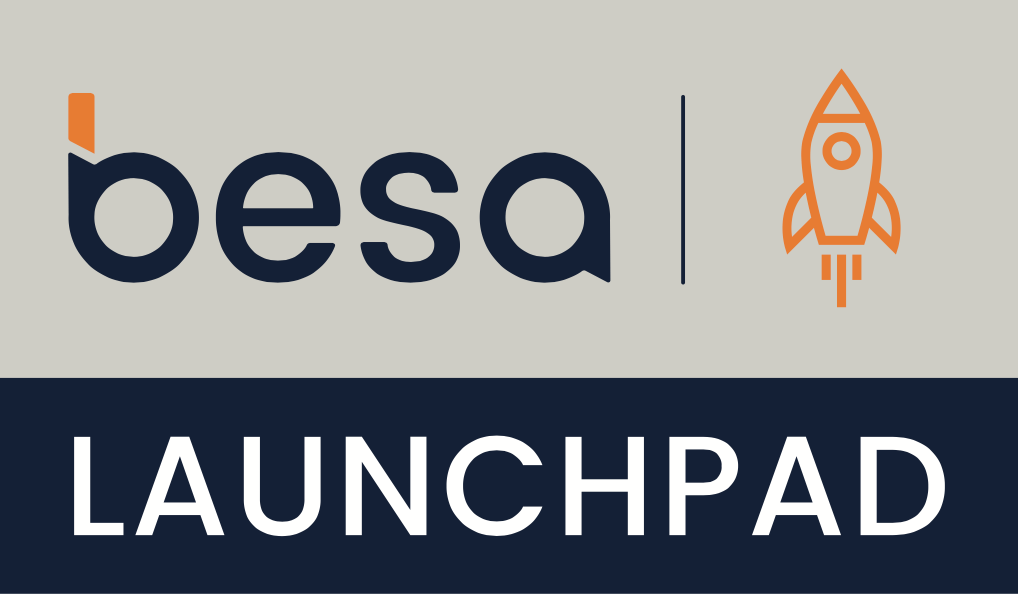In an age marked by technological advancements, the strategic implementation of digital tools in education has become paramount. This blog aims to explore the profound impact of the digital library on literacy outcomes and reading proficiency.
The Global Shift: Digital Library and Educational Innovation:
The worldwide educational landscape is undergoing a transformative shift, and digital libraries are at the forefront of this evolution. Research and real-world data demonstrate that digital libraries play a crucial role in enhancing literacy outcomes. They also contribute to improved reading proficiency on a global scale.
Real-World Impact: Reading Enrichment Online:
A recent report from Reading Solutions okay stated that: “Assessment and technology will be vital to inform teaching, intervention, support transition, project outcomes and determine skill deficits.” Additionally in a 2021 survey they found that 70% of teachers felt that technology has improved the way that they track progress. This statistic underscores the potential impact digital libraries could have in fostering a genuine love for reading among students, making the case for their integration into educational practices worldwide.
Breaking Down Barriers: Accessibility and Inclusivity:
Digital libraries are instrumental in breaking down barriers to education. They ensure that students globally, regardless of socio-economic backgrounds, can benefit from a rich array of literary resources. A global survey conducted by UNESCO highlighted that digital libraries significantly contribute to achieving inclusivity in education. This aligns with international efforts to bridge educational gaps.
Personalised Learning Journeys: A Cross-Cultural Perspective:
A cross-cultural analysis by the World Education Research Foundation found that personalized learning journeys facilitated by e-libraries resulted in improved literacy skills. This progress was observed within the academic year across diverse cultural contexts. Digital libraries have the potential to cater to individual student needs and accelerate literacy development.
Empowering Educators Globally:
Digital libraries not only empower students but are also instrumental in supporting educators worldwide. According to a comprehensive survey by the International Teacher Training Organization, teachers reported increased confidence. They also noted improved effectiveness in delivering literacy-focused lessons when utilizing digital library resources.
Building Collaborative Learning Communities: A Worldwide Outlook:
Studies from the Global Educational Collaboration Initiative reveal that schools fostering collaborative reading experiences through e-libraries observed an improvement in students’ comprehension. This improvement extended to their critical thinking skills.
Conclusion:
For school leaders worldwide, the strategic integration of digital libraries is imperative to elevate literacy outcomes and reading proficiency. The tangible impact of reading enrichment online through digital libraries underscores their universal significance. Education leaders navigate the complexities of 21st-century learning. Embracing the data-driven potential of digital libraries is a key strategy. It nurtures literacy skills essential for the success of students globally.






